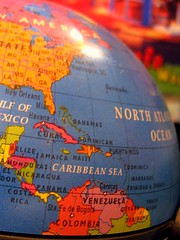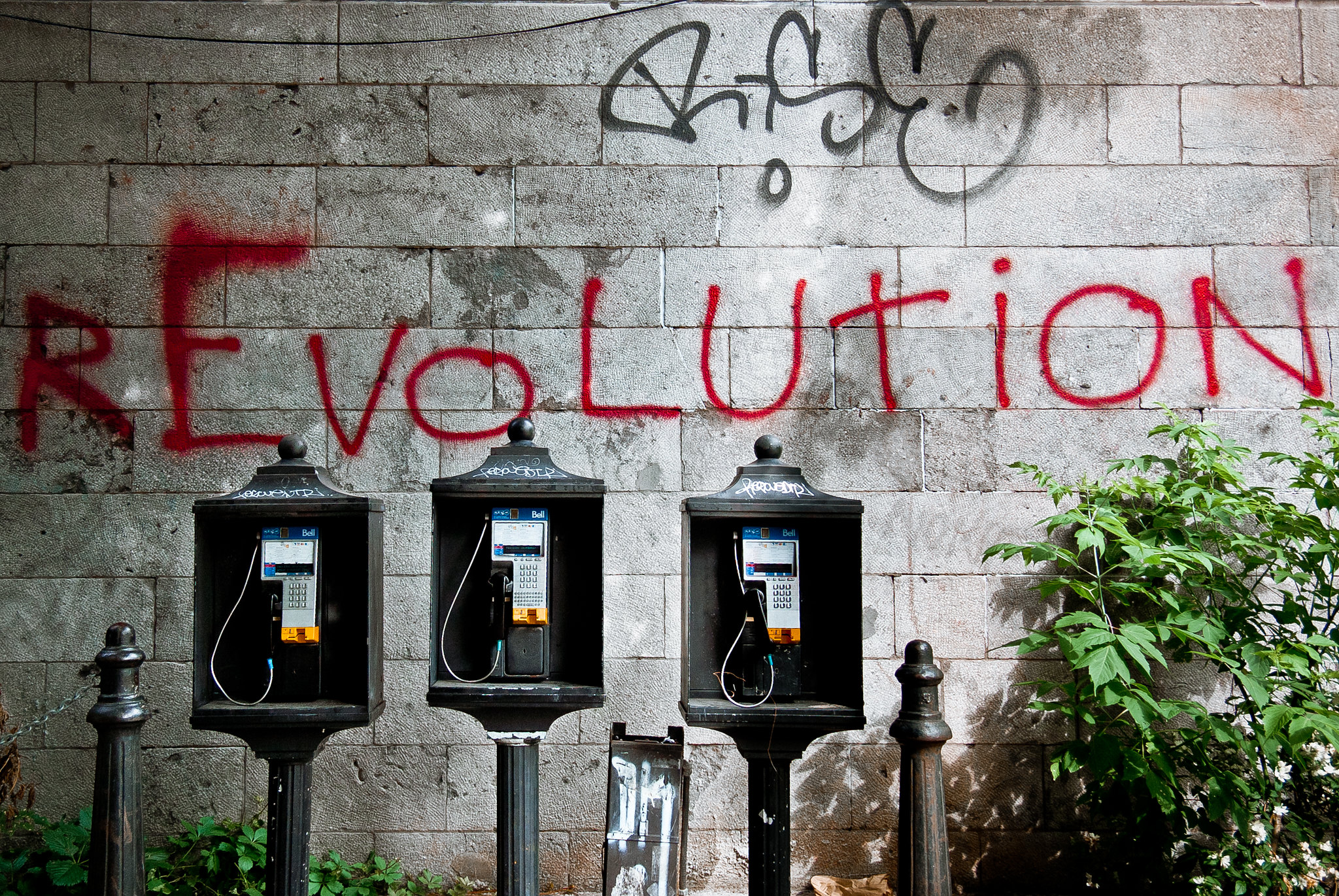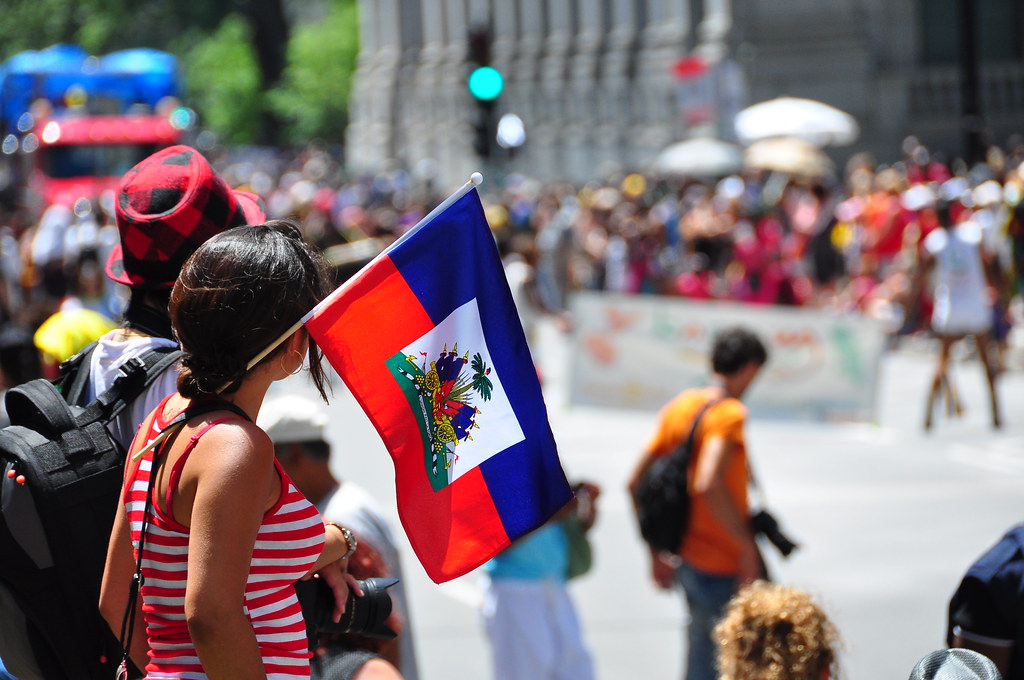You’ve learned about all the great revolutions and struggles of the past. The French Revolution was iconic, overthrowing all the monarchs and aristocrats. The American Revolution fought off the British colonizers in what led to the establishment of the United States of America. Any definition of a revolution generally involves an extreme shift in a country’s political structure. The sheer audacity adds to the romance and the ink writing the stories of France and America is permanent in your history books. They are often symbolized as the foundational pillars of the modern world.
Well, what if I wave my wand and magically give you a revolution that changes the country’s government, sends the colonialists back home with their tails between their legs; oh, and also abolishes slavery…. All in the year 1804? If the sheer audacity of such a revolution exists (at that time), then surely you must have studied it.
It did happen. But there is little discourse in history that captures the magnitude and greatness in the story of Haiti – one that was well ahead of its time. But why is this the case?
The Haitian Revolution
Between 1791 to 1804, the French colony of Saint-Domingue saw a series of conflicts that eventually led to the formation of an independent country founded by former slaves. It began with Toussaint L’Ouverture gaining control of several slave areas. He was an ex-slave and is considered the most charismatic hero and leader of the revolution. It ultimately ended as a successful slave rebellion that established a fully functioning country.

Why is this particularly special? Well, slave rebellions have historically almost always failed. This was the biggest slave rebellion since Spartacus’s failed revolt 1900 years ago!
Slavery wasn’t the only institution of fragmentation in the colony. Haitian society was also divided by the metrics of class and gender. The population of the country consisted of roughly 500,000 slaves, 32,000 colonists and interestingly, 24,000 Affranchis. The Affranchis were mostly of mixed, African and European descent and were often slave owners themselves. Their identity added an extra layer of fragmentation on a class and racial level and was crucial in determining the tide and success of the revolution. There also existed a faction of slaves that escaped called the Maroons and fought guerilla battles with the colonial forces.
To be able to unite multiple factions in a society that has been divided on so many levels, given the time period, is truly unique. This uniqueness brings a peculiarity with it because despite it being around the same time as the American and French Revolutions, it had somehow been omitted from the history books. The Americans were fighting for their freedom from Britain, and France was fighting for liberty within their own nation. Haiti surpasses both cases on paper. Even though the revolutions in France and America were successful, neither nation abolished slavery for many years afterwards. It cannot be stated enough that the abolotion of slavery in 1804 is as revolutionary as revolutions get in the history of mankind.
Winners write history
Historians have admittedly described the Haitian Revolution as the most successful slave rebellion. The problem with this is that it reduces the complexities of the revolution that brought forth ideals of human rights, universal citizenship and participation in government. Many argue that it has purposefully been done this way as Haiti threatened to essentially steal the thunder from America and France.

Popkin argues that certain ommissions by historians stem from the fact that it was considered a greater accomplishment than the American Revolution. As word about the Haitian Revolution circulated, many European powers ostracized Haiti, fearing the spread of more slave rebellions. If it’s possible in one colony, it gives hope elsewhere and that’s bad for business. Many slave owning states in America were thus wary of the revolution. Despite Haiti achieving universal equality, it was shunned and forgotten because it posed as a threat to the (white) west’s poster child revolution of its own.
In many ways, then, the true victors in the foundation of modernity were decided on a racial instead of a meritorious level. While this, by no means, aims to discredit the revolutions in France and America, it hopes to incite conversations today about social justice and universal human rights for all. Awareness of history as well as omitted history could bring about all power to all people.
by Nikhil Gupta
Photo Credits:
Haiti flag – Carifiesta 2011, abdallahh, CC BY 2.0
Haiti, elycefeliz, CC BY-NC-ND 2.0
rEvolution!, Albert, CC BY-NC-ND 2.0










